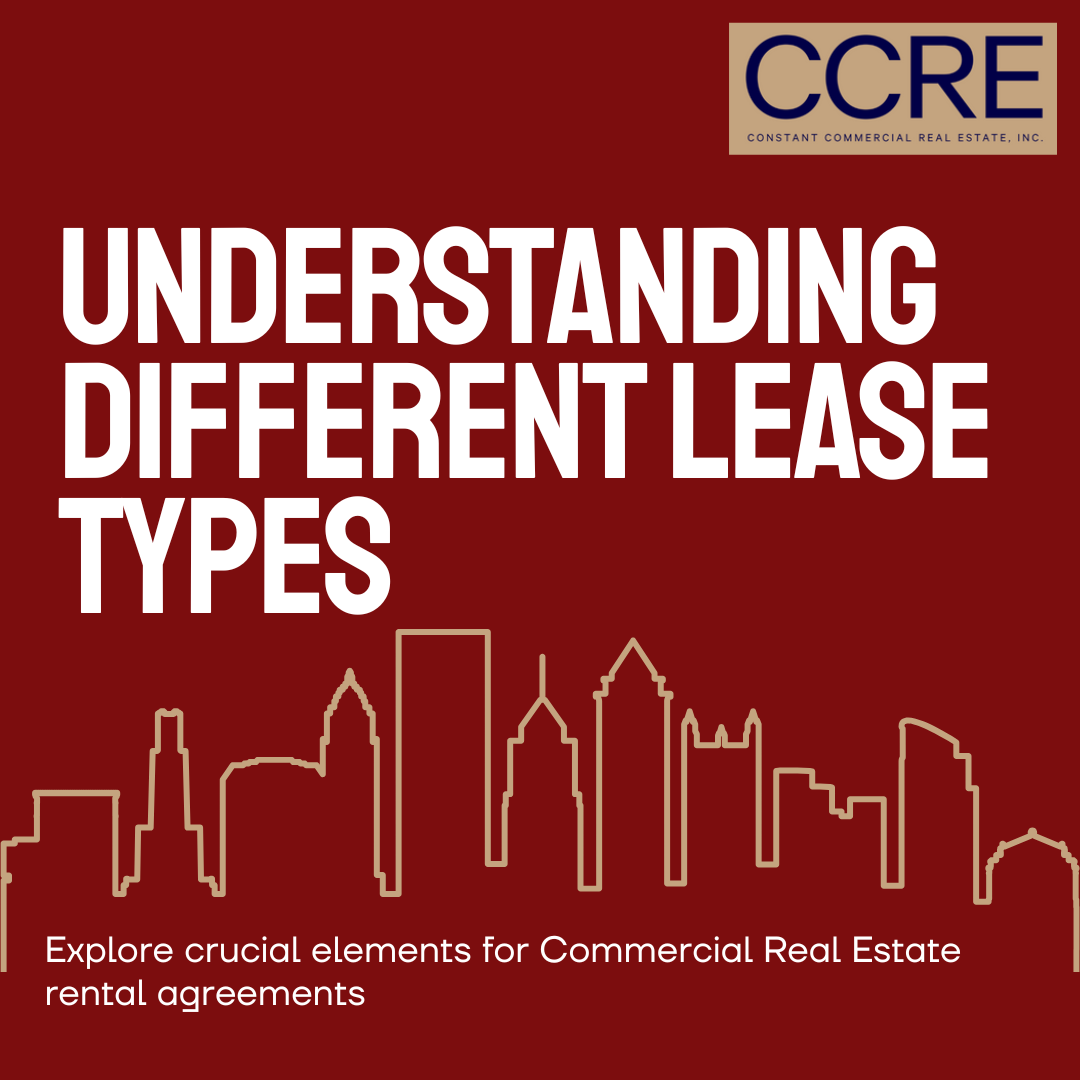April 29, 2025
Wholesaling in Oregon - Ask about partnering with us!
December 2024 House Bill 4058 (Chapter 3, 2024 Laws) will require the registration of residential property wholesalers beginning July 1, 2025. Additionally, wholesalers will be required to provide a written disclosure to parties to the transaction and in advertising.
Registration
“Residential property wholesaling" is defined as the marketing of residential property where the marketer has only an equitable interest or an option to purchase and, at the time of marketing, the marketer has held such interest or option for fewer than 90 days and invested less than $10,000 in land development or improvement costs associated with the residential property.
With the exception of licensed brokers and principal brokers (see below), individuals wishing to conduct residential property wholesaling must register with the Oregon Real Estate Agency (OREA). Registration includes:
- Submitting an online application.
- Providing the name or names under which wholesaling will be conducted.
- Passing a criminal records check.
- Paying the registration fee of $300.
Registered wholesalers must renew their registration by June 30 of each year for a fee of $300.
Written Disclosure
Residential property wholesalers must provide a written disclosure:
- To potential buyers before entering into a contract for a wholesale transaction.
- To potential sellers before entering into a contract for a wholesale transaction.
- To any broker or principal broker assisting the wholesaler in marketing or listing the property.
- To any broker or principal broker assisting a potential buyer in purchasing the property.
- In any advertising related to the property. Advertising on social media is exempt if it links to a separate page with the required disclosure.
The disclosure must be in at least 10-point bold type and must include:
- A statement that the wholesaler, or the business name under which the wholesaler conducts wholesaling, is a residential property wholesaler and:
- Will have or has only an equitable interest in the property being sold.
- Will not have or does not have legal title to the property and therefore, may not be able to directly transfer title to the buyer.
- Might not be a licensed real estate broker or principal broker and, therefore, might not be permitted to engage in professional real estate activity.
- Might not be a licensed appraisal specialist and, therefore, might not be permitted to provide an opinion as to the value of the property.
- The following plain language definition of equitable interest: A person who has an "Equitable interest" in a property means someone that has contracted with the current owner for the right to buy the property at a later date even though they don't have legal title. The contract may allow the equitable interest holder to sell or transfer the right to purchase the property to someone else prior to close of escrow.
- The following statements:
- A wholesaler may assign equitable interest to another party prior to closing for profit.
- A seller or buyer who enters into a written contract for a residential property wholesale transaction may cancel the contract without penalty by delivery of a written notice of cancellation any time before 12 midnight at the end of the third business day after the receipt of the residential property wholesaler written disclosure. The right of cancellation may not be waived. Upon cancellation, all earnest money or deposits shall be returned to the person who provided the earnest money or deposit.
- If the residential property wholesaler fails to provide a residential property wholesaler written disclosure to the seller before entering into a written contract for a residential property wholesale transaction, the seller may terminate the contract at any time without penalty and retain any earnest money or deposit paid to the seller or deposited in escrow by the residential property wholesaler. An escrow agent may disburse the earnest money or deposit to the seller without the need for separate written instructions from the residential property wholesaler if the seller in writing asserts that the residential property wholesaler written disclosure was not provided to the seller before entering into the written contract for the residential property wholesale transaction and demands disbursement to the seller of all deposits held by the escrow agent and the seller has provided the escrow agent with a written release and indemnification against all liability arising from the disbursement of the earnest money and deposits to the seller.
- If the residential property wholesaler fails to provide a residential property wholesaler written disclosure to the seller or buyer, and if the purchase and sale agreement is terminated as a result, the wholesaler shall be liable for damages incurred by seller and buyer.
- In any mediation or arbitration proceeding or civil action between buyer and seller, between buyer and residential property wholesaler or between seller and residential property wholesaler that arises due to the residential property wholesaler's failure to provide a residential property wholesaler written disclosure before entering into a written contract for a residential property wholesale transaction as prescribed under this section, the prevailing party is entitled to recover all reasonable attorney fees, costs and expenses incurred at trial, on appeal, at mediation, and at arbitration from the residential property wholesaler.
- How to file a complaint: If you believe a real estate licensee or a residential property wholesaler has violated any governing statute or rule, you may file a complaint with the Oregon Real Estate Agency (OREA). OREA will review the complaint. In most cases, other people involved in the case, including the respondent, will be contacted. Based on the information received, OREA will determine whether to start an investigation.
OREA will make a written disclosure available for use by residential property wholesalers by July 1, 2025.
Wholesaling by Brokers and Principal Brokers
If you are a licensed broker or principal broker who conducts residential property wholesaling, you are not required to be registered as a wholesaler. However, you are required to provide a written disclosure:
- To potential buyers before entering into a contract for a wholesale transaction.
- To potential sellers before entering into a contract for a wholesale transaction.
- To any broker or principal broker assisting a potential buyer in purchasing the property.
- In any advertising related to the property. Advertising on social media is exempt if it links to a separate page with the required disclosure.
The disclosure must be in at least 10-point bold type and must include:
- A statement that the broker or principal broker is licensed and:
- Will only have or has an equitable interest in the property being sold.
- Will not have or does not have legal title to the property and therefore may not be able to directly transfer title to the buyer.
- Might not be a licensed appraisal specialist and, therefore, might not be permitted to provide an opinion as to the value of the property.
- The following plain language definition of equitable interest: A person who has an "Equitable interest" in a property means someone that has contracted with the current owner for the right to buy the property at a later date even though they don't have legal title. The contract may allow the equitable interest holder to sell or transfer the right to purchase the property to someone else prior to close of escrow.
- The following statements:
- The broker or principal broker may assign equitable interest to another party prior to closing for profit.
- A seller or buyer who enters into a written contract for a residential property wholesale transaction may cancel the contract without penalty by delivery of a written notice of cancellation any time before 12 midnight at the end of the third business day after the receipt of the residential property wholesaling written disclosure. This right of cancellation may not be waived. Upon cancellation, all earnest money or deposits shall be returned to the person who provided the earnest money or deposit.
- If the broker or principal broker fails to provide a residential property wholesaling written disclosure to the seller before entering into a written contract for a residential property wholesale transaction, the seller may terminate the contract at any time without penalty and retain any earnest money or deposit paid to the seller or deposited in escrow by the broker or principal broker. An escrow agent may disburse the earnest money or deposit to the seller without the need for separate written instructions from the broker or principal broker if the seller in writing asserts that the residential property wholesaling written disclosure was not provided to the seller before entering into the written contract for the residential property wholesale transaction and demands disbursement to the seller of all deposits held by the escrow agent, and the seller has provided the escrow agent with a written release and indemnification against all liability arising from the disbursement of the earnest money and deposits to the seller.
- If the broker or principal broker fails to provide a residential property wholesaler written disclosure to the seller or buyer, and if the purchase and sale agreement is terminated as a result, the broker or principal broker shall be liable for damages incurred by seller and buyer.
- In any mediation or arbitration proceeding or civil action between buyer and seller, between buyer and broker or principal broker, or between seller and broker or principal broker that arises due to the broker's or principal broker's failure to provide a residential property wholesaling written disclosure before entering into a written contract for a residential property wholesale transaction as prescribed under this section, the prevailing party is entitled to recover all reasonable attorney fees, costs and expenses incurred at trial, on appeal, at mediation and at arbitration from the broker or principal broker.
- How to file a complaint. If you believe a real estate licensee or a residential property wholesaler has violated any governing statute or rule, you may file a complaint with the Oregon Real Estate Agency (OREA). OREA will review the complaint. In most cases, other people involved in the case, including the respondent, will be contacted. Based on the information received, OREA will determine whether to start an investigation.
-
OREA will create a written disclosure available for use by brokers and principal brokers who wholesale residential property.



